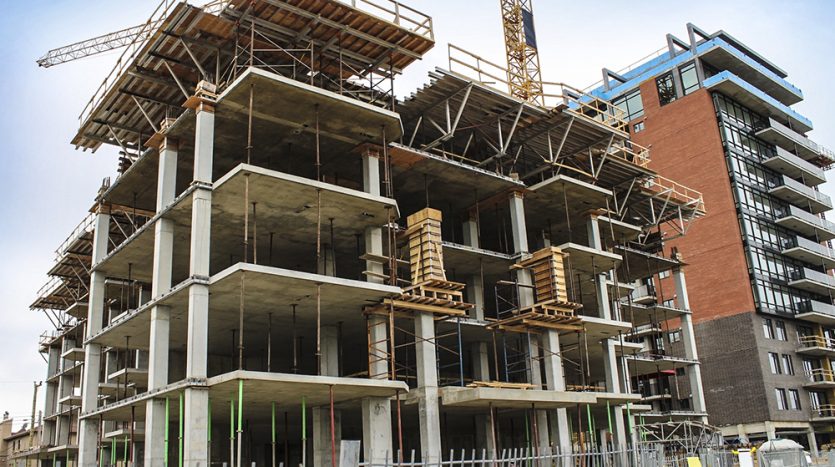The new LTV limit should help prevent an overheating property sector, avoid property bubbles, ensure sustainable growth in the residential property sector and reduce risks in the banking sector.
The LTV limit of 70% will apply to those borrowers on the 3rd mortgage loan contracts. The LTV of 80% will apply to (i) buyers of properties priced more than Bt10m and borrowed on a 1st or 2nd mortgage contract (ii) buyers of sub-Bt10m properties on a 2nd mortgage contract who have serviced the 1st mortgage contract for less than three years and said 1st mortgage contract is still active.
This came out much better than what the market had earlier anticipated. It therefore should not affect the transfer of backlogs whose contracts were signed prior to 15 October 2018 as buyers should be able to secure mortgage loans based on the previous BOT’s regulations.
This was extended from the earlier proposal which called for the effective date to be 1 January 2019. This means buyers of finished goods inventory which are ready for transfer and can sign mortgage contracts before 1 April 2019 will not be affected as well.
The new LTV limit should have a negative impact on presales of both landed properties (detached houses and townhouses) and condominiums next year. Note that Thai developers usually require down payment of only 5% for landed properties and 10-20% for condominiums. Raising the down payment to 20-30% would be a big burden for home buyers, especially landed properties. Nonetheless, it should be positive for the sector’s long-term prospects. The new LTV limit should help prevent an overheating property sector, avoid property bubbles, ensure a more sustainable growth in the residential property sector and reduce risks in the banking sector.
Source: DBS Research









 WhatsApp us
WhatsApp us